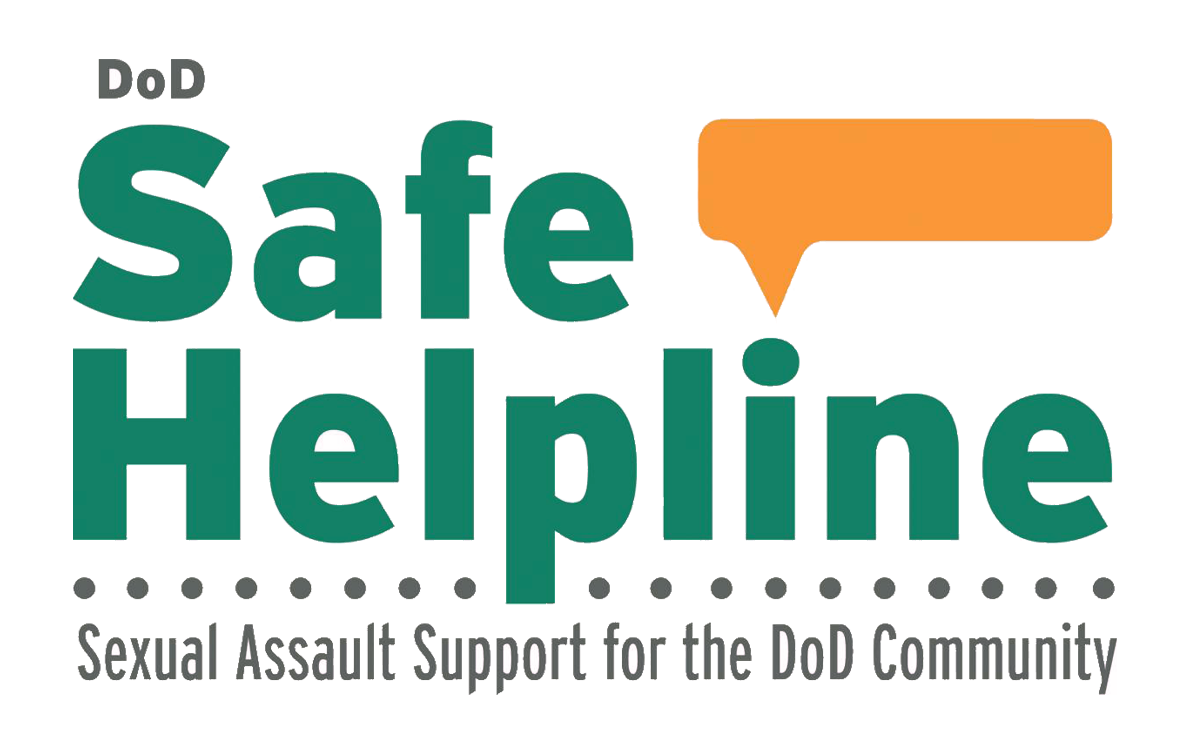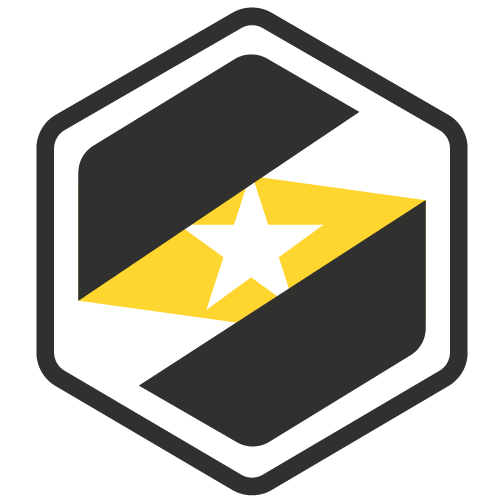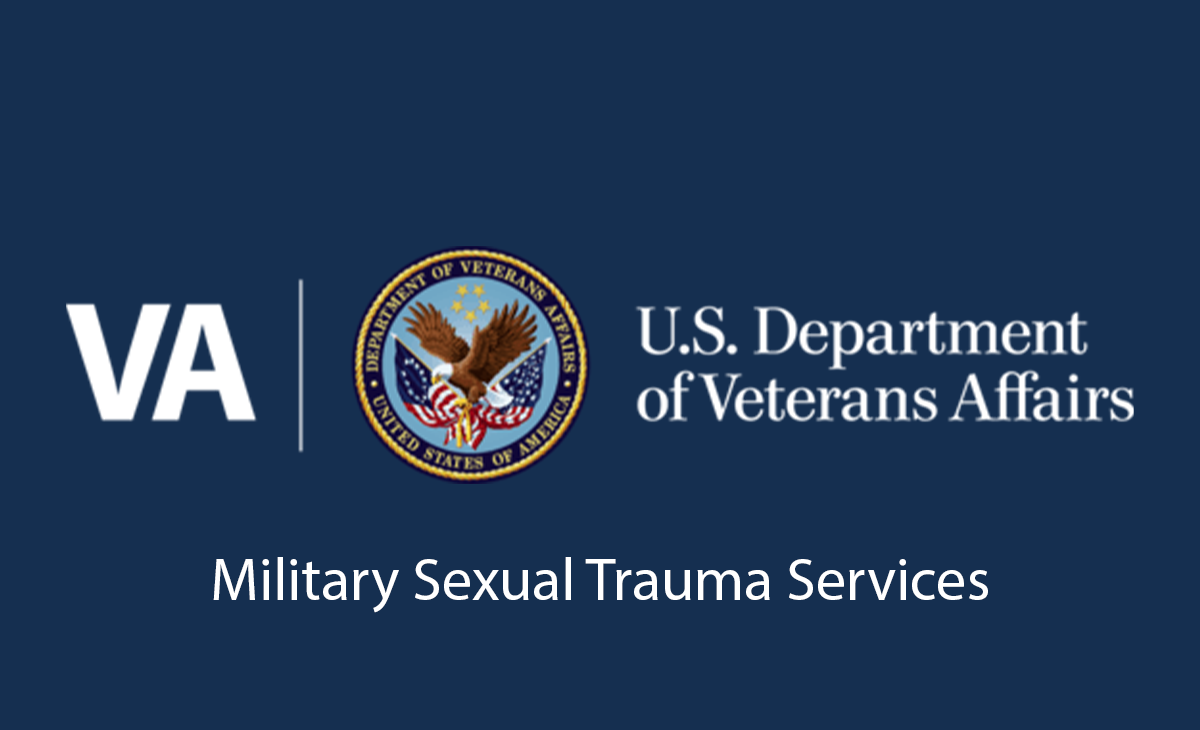

Sexual harassment falls within a continuum of intolerable, unprofessional behaviors that may increase the likelihood of sexual assault. Sexual harassment is a criminal offense under the Uniform Code of Military Justice, as defined in Article 134. There is a clear correlation between sexual harassment and sexual assault. Attitudes that allow or enable forms of harassment, beginning with hazing and bullying, can lead to more egregious behaviors and progress into sexual harassment/assault.
Continuum of Harm
What Should I Do?
You should be able to feel comfortable and secure in your workplace or learning institution. The person harassing you can be of any sex and can be a leader (including indirect supervisor), another Soldier or a coworker. If you are being sexually harassed, it is not your fault. If you are ready to file a complaint, we can help you navigate the process.
It’s sexual harassment if someone:
- Implies you can advance professionally if you trade sexual favors.
- Implies you will lose your job or that your career will suffer if you do not trade sexual favors.
- Makes sexual or crude jokes referring to sexual acts or sexual orientation.
- Touches you or makes unwanted physical contact.
- Makes unwelcome sexual advances.
- Discusses sexual relations/stories/fantasies in the workplace.
- Shares sexually explicit photos, emails or text messages.
- Gossips about your romantic history or sexual orientation.
Whom Should I Talk To?
The process for filing a complaint may feel daunting, but we are here to help you through it. When you are ready to talk, there are people ready to help you and support you. Know that you have options. The most important thing is to find what works for you. To get immediate, confidential help, call 877-995-5247 to be connected with a trained Safe Helpline staff member.
DSN users can call the Safe Helpline by dialing 877-995-5247.
For those unable to call toll-free or DSN, call 202-540-5962.
Chat with a Staff MemberHow Do I File a Sexual Harassment Complaint
Soldiers can file a formal complaint with any SHARP professional at the installation if one is not organic to your command.
- Conduct that:
- Involves unwelcome sexual advances, requests for sexual favors and deliberate or repeated offensive comments or gestures of a sexual nature when:
–Submission to such conduct is made either explicitly or implicitly a term or condition of a person’s job, pay or career.
–Submission to, or rejection of, such conduct by a person is used as a basis for career or employment decisions affecting that person.
–Such conduct has the purpose or effect of unreasonably interfering with an individual’s work performance or creates an intimidating, hostile or offensive working environment. - Is so severe or pervasive that a reasonable person would perceive, and the victim does perceive, the environment as hostile or offensive.
- Any use or condonation, by any person in a supervisory or command position, of any form of sexual behavior to control, influence or affect the career, pay or job of a member of the U.S. armed forces or a Civilian employee of the DOD.
- Any deliberate or repeated unwelcome verbal comment or gesture of a sexual nature by any member of the U.S. armed forces or Civilian employee of the DOD.
Sexual harassment, as defined in Article 134, is a criminal offense under the Uniform Code of Military Justice.
Army Civilians who wish to file a sexual harassment complaint must contact their local EEO office within 45 calendar days of the alleged discriminatory act. Consult AR 690-600 , Equal Employment Opportunity Discrimination Complaints, Chapter 3, Section IV, Para 3-11 for additional information.
Note: If sexual harassment is one of the claims raised by a Civilian employee directly supervised by a military officer of the Army, Navy, Air Force or Marine Corps, the employee will be advised of two applicable statutes (i.e., Title VII and 10 USC, Section 1561) and that processes established under those statutes can be used at the same time.
The commander will designate someone the employee can file a 10 USC, Section 1561 complaint with. Then, EEO counseling will continue following procedures established under 29 CFR, Part 1614 and Army EEO processing guidelines.
DA Civilians who are Family members can file a sexual harassment complaint with the Sexual Assault Response Coordinator (SARC).
Who Can Help Family Members?
Sexual Assault Response Coordinator (SARC)
Soldier or Civilian who oversees sexual assault awareness, prevention and response training; coordinates medical treatment, including emergency care, for victims of sexual assault; and tracks the services provided to a victim of sexual assault from the initial report through final disposition and resolution. Conversations with SARCs are privileged and confidential. SARCs can receive Restricted and Unrestricted Reports of sexual assault, as well as sexual harassment complaints.
Victim Advocate (VA)
Soldier or Civilian who provides crisis intervention, information on available options and resources, and ongoing nonclinical support to victims. Conversations with VAs are privileged and confidential. VAs can take Restricted and Unrestricted Reports of sexual assault.
Special Victims’ Counsel (SVC)
Military attorney who provides legal representation to eligible clients, including victims of sexual assault. The SVC’s duties include zealous representations of the client’s interest. Conversations with an SVC are confidential, and SVCs form an attorney-client relationship with victim-clients, whether a victim chooses to file a Restricted or Unrestricted Report. SVCs can’t take reports of sexual assault but will contact the SARC, with the victim’s consent.
Healthcare Provider
Those individuals who are employed or assigned as healthcare professionals, or are credentialed to provide healthcare services at a MTF, or who provide such care at a deployed location or otherwise in an official capacity. This also includes military personnel, DOD civilian employees, and DOD contractors who provide healthcare at an occupational health clinic for DOD civilian employees or DOD contractor personnel. Healthcare providers may include, but are not limited to: Licensed physicians practicing in the MHS with clinical privileges in obstetrics and gynecology, emergency medicine, family practice, internal medicine, pediatrics, urology, general medical officer, undersea medical officer, flight surgeon, psychiatrists, or those having clinical privileges to perform pelvic examinations or treat mental health conditions. Licensed advanced practice registered nurses practicing in the MHS with clinical privileges in adult health, family health, midwifery, women’s health, mental health, or those having clinical privileges to perform pelvic examinations. Licensed physician assistants practicing in the MHS with clinical privileges in adult, family, women’s health, or those having clinical privileges to perform pelvic examinations. Licensed registered nurses practicing in the MHS who meet the requirements for performing a SAFE as determined by the local privileging authority. This additional capability shall be noted as a competency, not as a credential or privilege. A psychologist, social worker or psychotherapist licensed and privileged to provide mental health care or other counseling services in a DOD or DOD-sponsored facility.
Chaplain
Military officer who provides privileged and confidential spiritual advice and the opportunity for victims of sexual assault to discuss concerns privately, even if a victim isn’t religious. Conversations with a chaplain are confidential and protected by military law. Chaplains can’t take reports of sexual assault but will contact the SARC, with the victim’s consent.
Special Victim Liaison (SVL)
Special Victim Liaisons (SVLs) work with special trial counsel and Special Victim NCOs as a team to develop and litigate cases involving covered, known, and related offenses. SVLs provide victim-witness support to the special trial counsel team. Unlike VWLs, SVLs are not impartial actors in the prosecution process as SVLs work to ensure cases involving covered, known, and related offenses are properly investigated, and when warranted, properly charged and prosecuted. SVLs are assigned to the OSTC and are rated by a special trial counsel with oversight from the LSTC and SVL Program Manager. Conversations with SVLs aren’t confidential. SVLs can’t take reports of sexual assault.
DOD Safe Helpline
The DOD Safe Helpline is the sole secure, confidential, and anonymous crisis support service specially designed for members of the Department of Defense community affected by sexual assault. All Safe Helpline services are anonymous, confidential, and tailored to support members of the DOD community and their loved ones affected by sexual assault.
Safe Helpline is the Department of Defense’s sole hotline for members of the DOD community affected by sexual assault. Safe Helpline is a completely anonymous, confidential, 24/7, specialized service—providing help and information anytime, anywhere. A Safe Helpline user can access one-on-one support, peer-to-peer support, information, resources, and self-care exercises to aid in their recovery.
The DOD community is not just service members.
Contact the DOD Safe Helpline by: Telephone: (877) 995-5247, Text: 552-47 (inside the U.S.) or 571-470-5546 (outside the U.S.)
Online chat: SafeHelpline
Peer-to-peer support: SafeHelpRoom
Safe Helpline app: www.safehelpline.org/app, which can be downloaded from the App Store
or Google Play
Contact the National Sexual Assault Hotline: 1-800-656-HOPE (4673)

